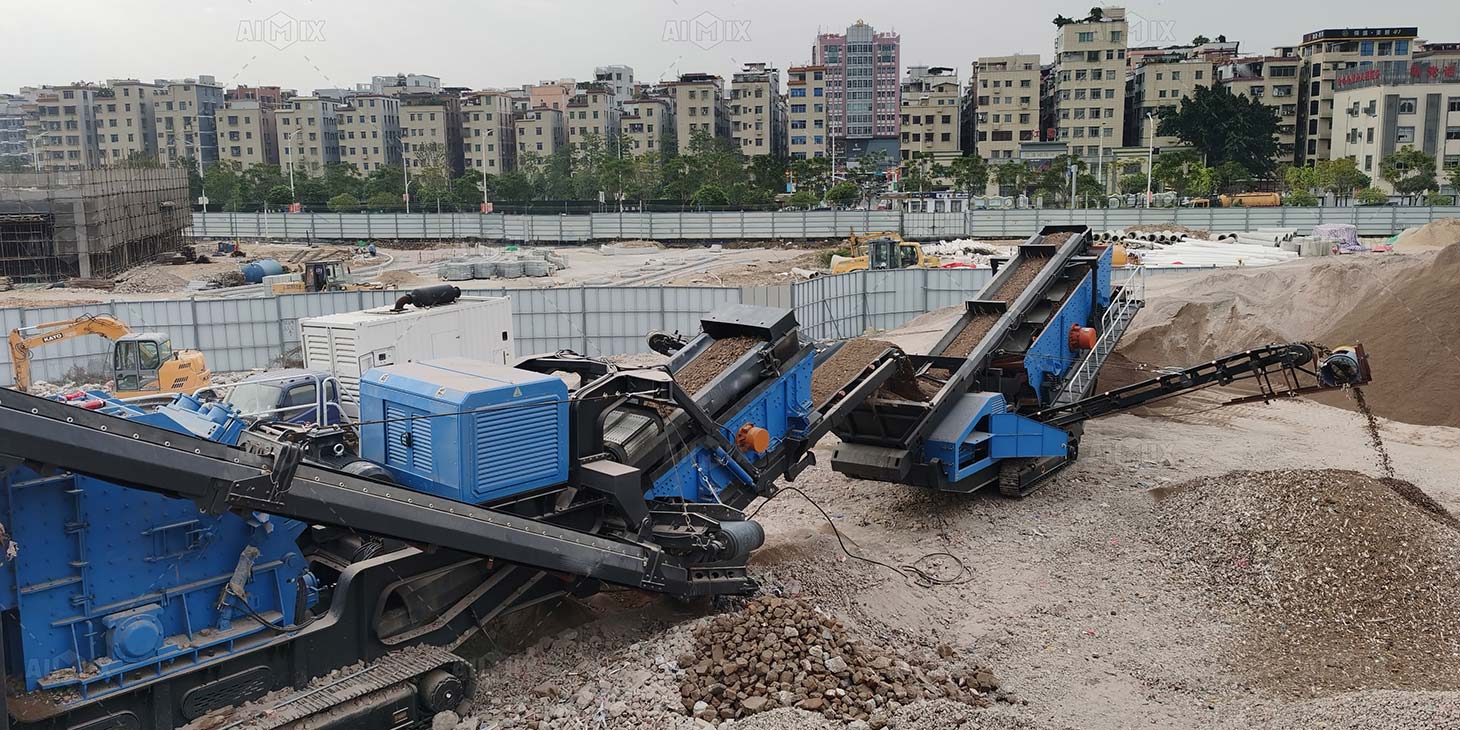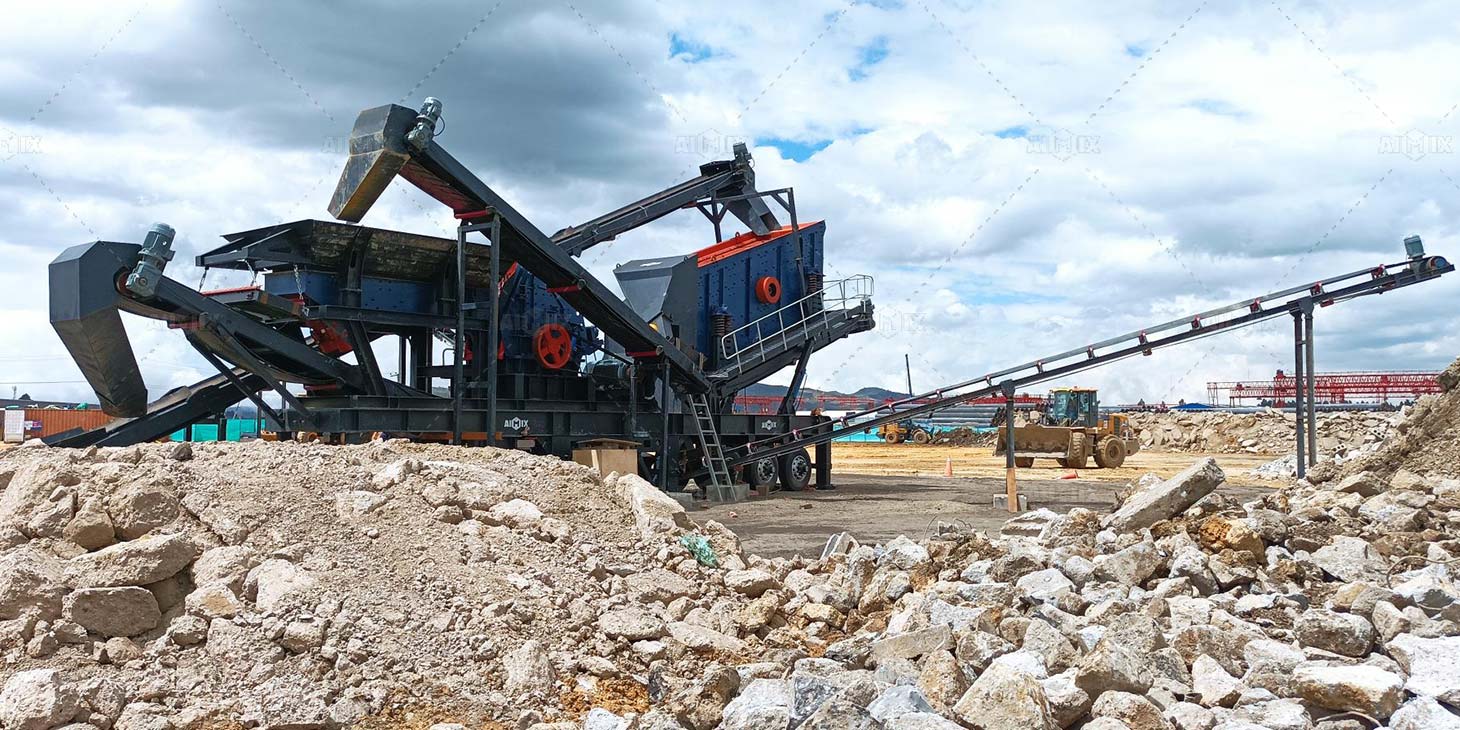The construction industry generates staggering amounts of waste material annually, creating an urgent need for efficient processing solutions. Mobile crushers capable of handling 350 tons per hour have emerged as game-changers in construction waste management, offering both environmental benefits and economic returns. These powerful machines transform demolition debris into valuable recycled aggregates, but their acquisition cost represents a significant investment decision for contractors and recycling specialists.
Understanding the pricing structure for these industrial workhorses requires examining several key factors beyond the base equipment cost. Market conditions, machine specifications, and operational requirements all play crucial roles in determining the final investment figure. The true value proposition becomes clear when considering the long-term savings in disposal costs, material recovery potential, and operational flexibility these mobile crushing plants provide compared to traditional waste management methods.

Base Pricing Structure for 350-TPH Mobile Crushers
Equipment Configuration Variables
The price range for 350-ton-per-hour mobile crushers typically falls between $450,000 to $850,000, with numerous factors influencing where a particular unit falls within this spectrum. Primary crusher type (jaw, impact, or cone) creates the first major price differentiation, followed by the presence and condition of secondary screening components. Units with recently replaced wear parts command premium pricing, sometimes 15-20% above comparable models.
Market Availability Factors
Regional demand fluctuations create surprising price variations for identical equipment. Markets with active infrastructure projects often see 20-30% crusher plant price premiums due to competition for available units. Conversely, economic downturns in specific regions sometimes create buyer’s markets where well-maintained crushers sell below typical valuation ranges. Timing purchases during seasonal slowdowns can yield significant savings.

Hidden Cost Considerations
Transportation and Setup Expenses
Many buyers underestimate the logistical costs of relocating heavy track crusher. Permits, specialized hauling equipment, and site preparation can add $25,000-$50,000 to the total investment. Units requiring significant disassembly for transport incur additional labor costs that should factor into purchase decisions. Smart buyers always request detailed transportation quotes before finalizing purchases.
Reconditioning and Certification
While equipment saves upfront costs, prudent operators budget 7-12% of purchase price for immediate mechanical reconditioning and safety certifications. Critical components like hydraulic systems, electrical wiring, and structural welds often require professional inspection and refurbishment. These preventative investments extend equipment life and prevent costly downtime after deployment.
Operational Cost-Benefit Analysis
Throughput Efficiency Metrics
The economic justification for these machines becomes clear when analyzing processing cost per ton. At full capacity, a 350-TPH crusher can process material for $1.50-$3.00 per ton, compared to $8-$12 per ton for landfill disposal. This dramatic cost differential allows many operations to recoup their investment within 12-18 months of continuous use.
Resale Value Considerations
Quality mobile crushers maintain remarkable depreciation curves, often retaining 50-60% of their value after five years of operation. Units with complete service records and well-maintained crushing chambers command the highest resale prices. This residual value potential significantly reduces the net equipment cost over time.
Making an Informed Investment Decision
While the initial price tag may seem substantial, a 350-TPH mobile crusher represents more than just equipment—it’s a strategic business tool that transforms waste liabilities into profit centers. The most successful operators view these machines through the lens of total cost of ownership rather than simple purchase price, recognizing that proper maintenance and optimal utilization deliver returns that far outweigh the initial expenditure. In the evolving construction waste disposal sector, this equipment category has proven itself as both environmentally responsible and financially rewarding.
